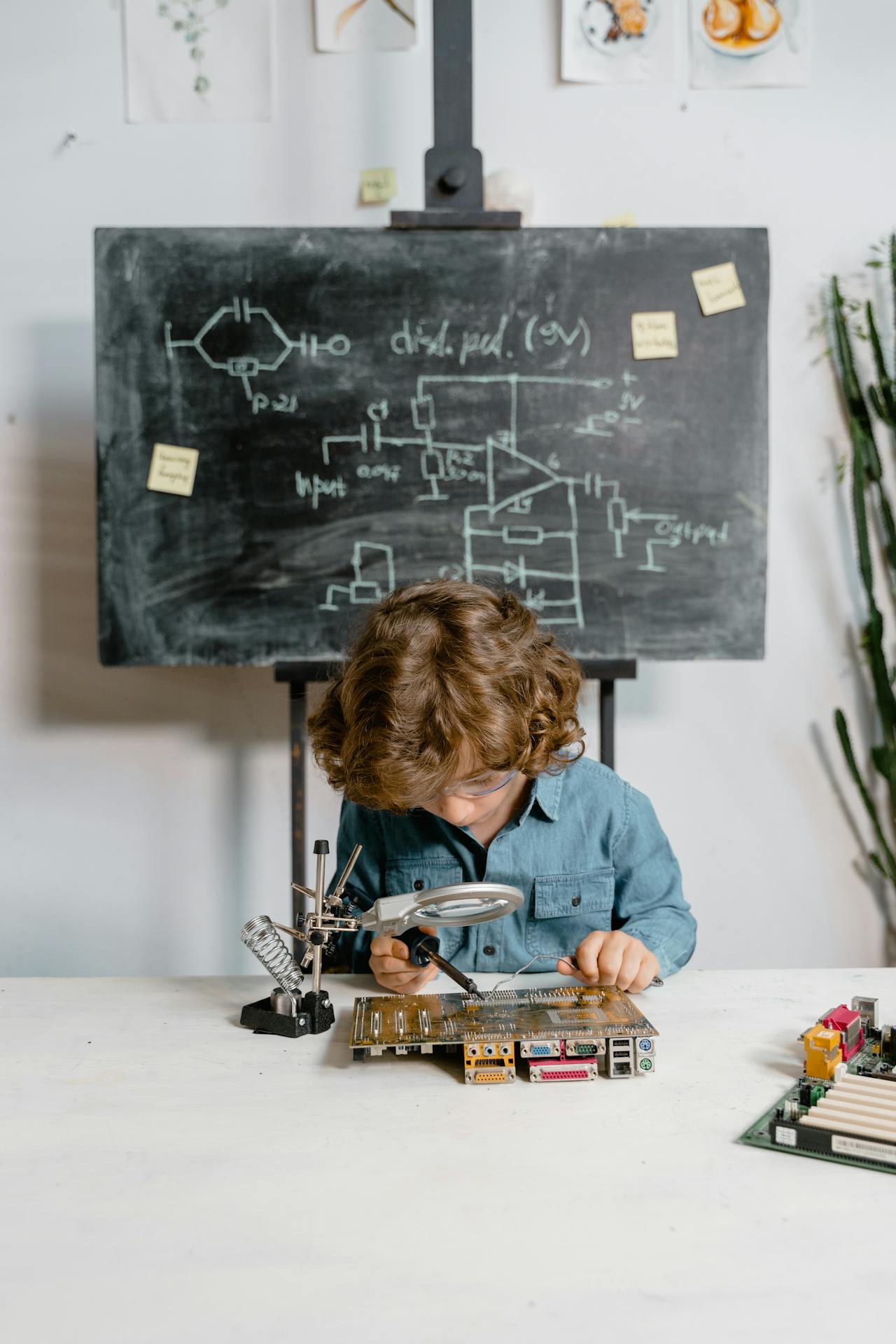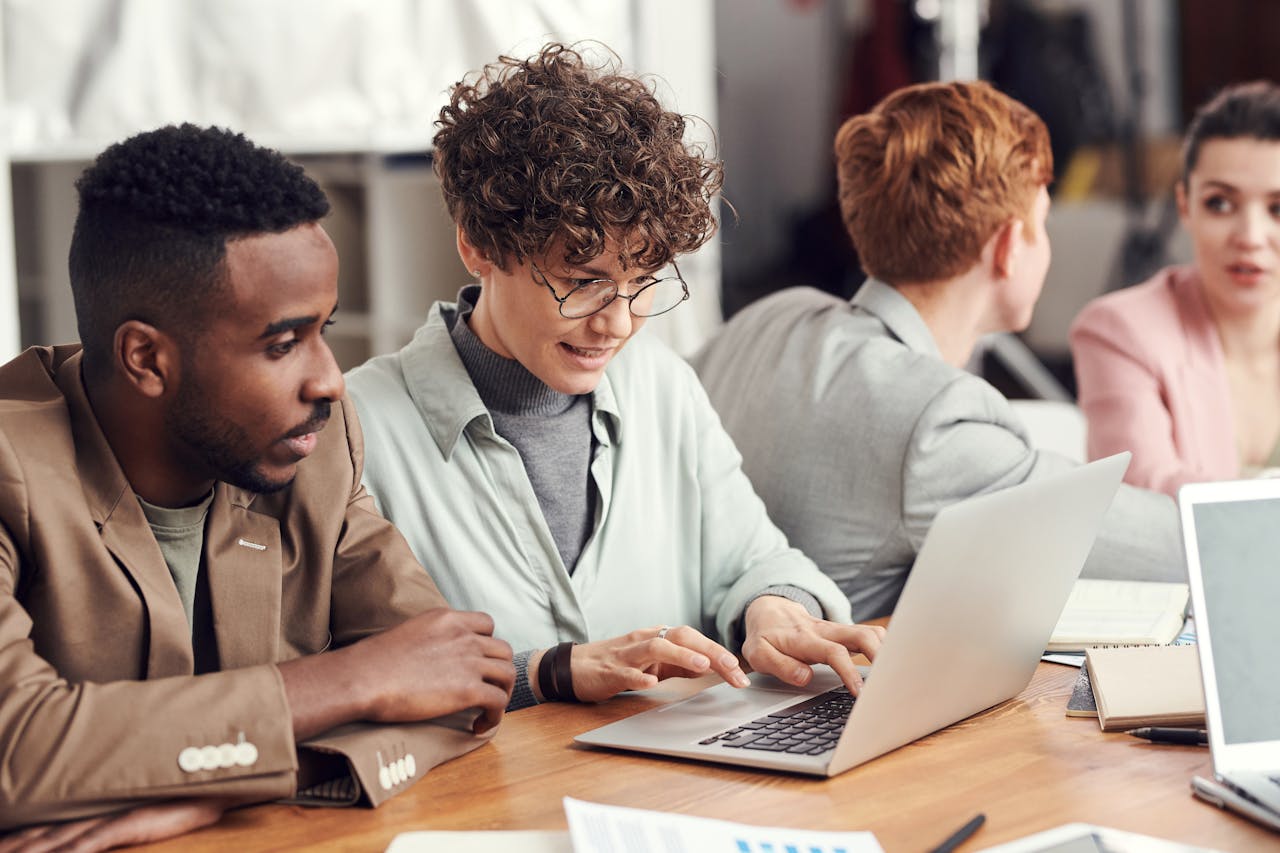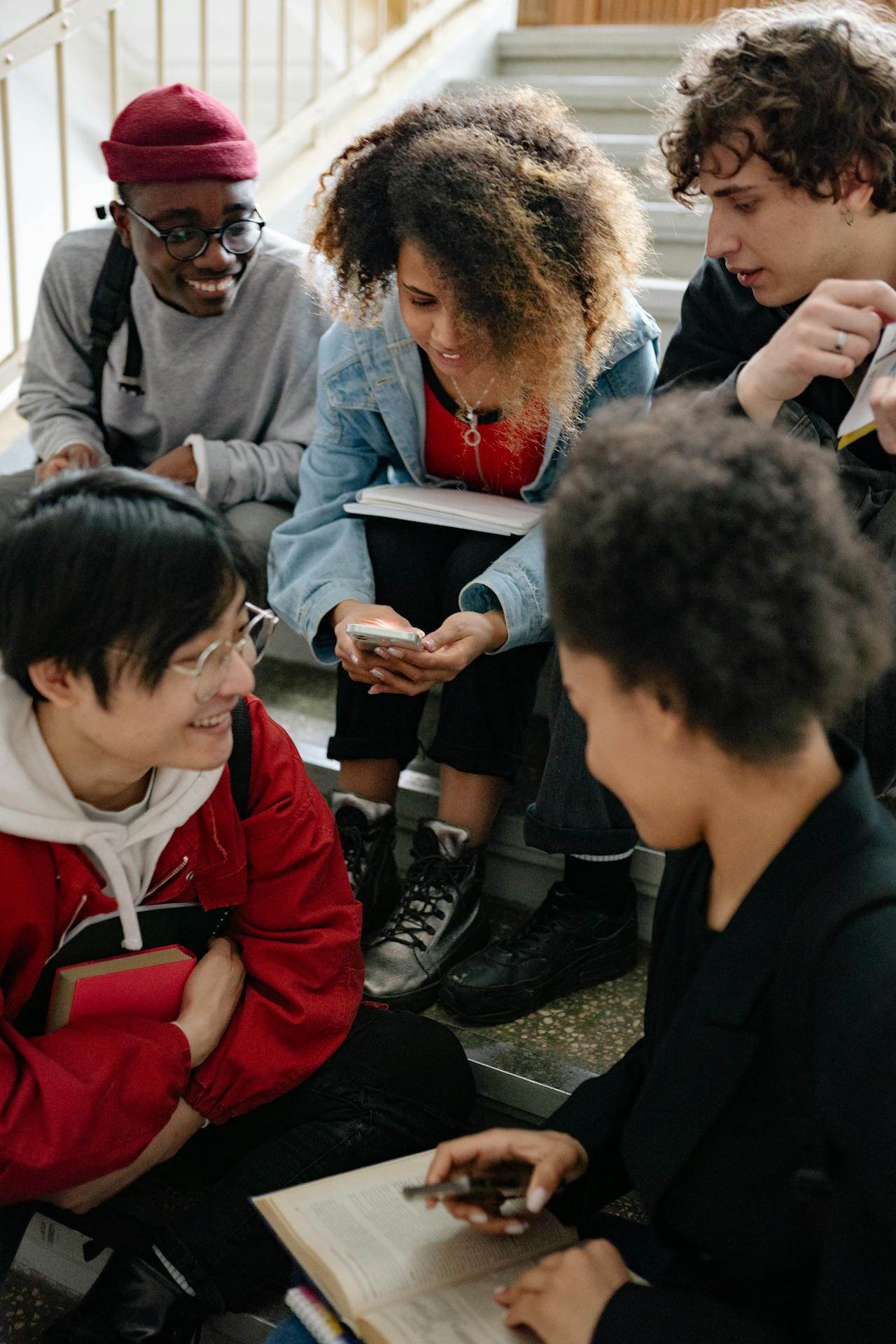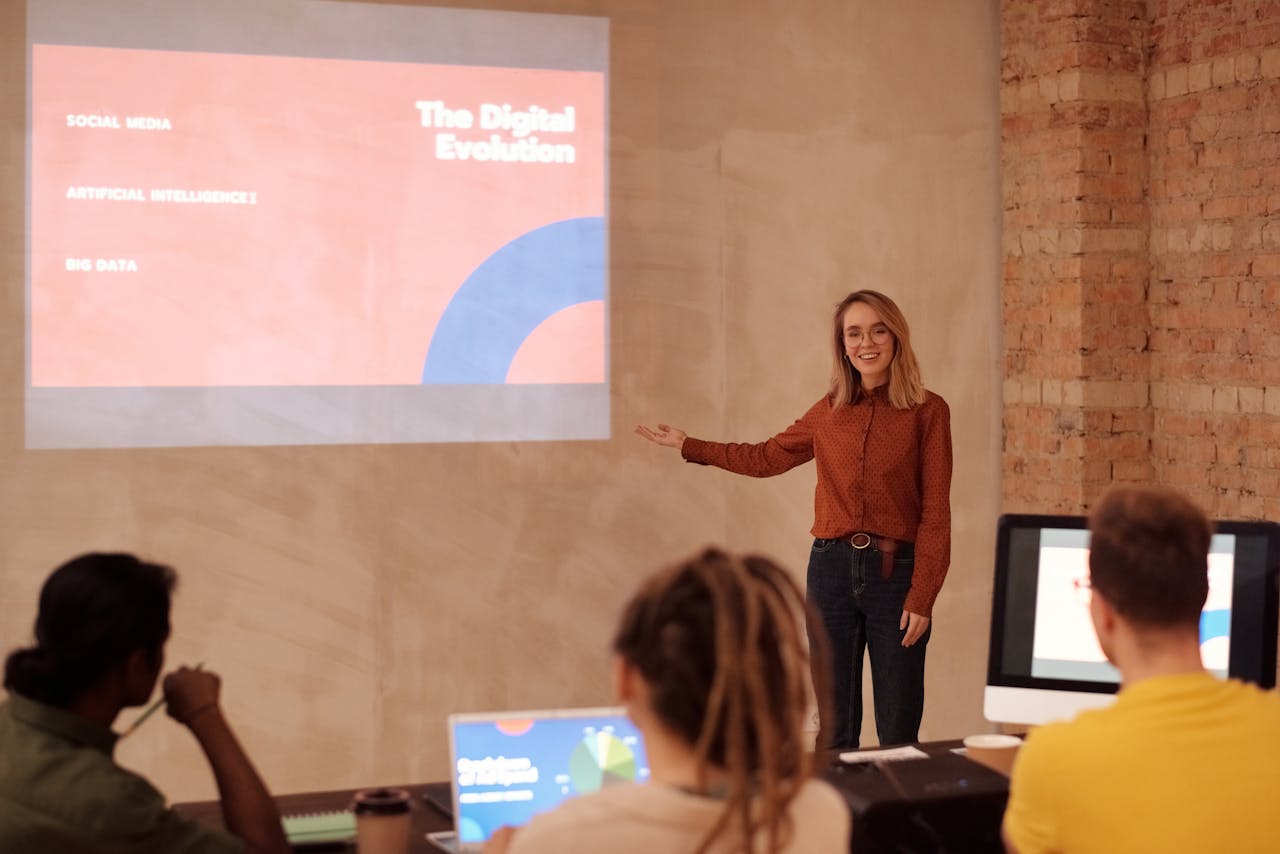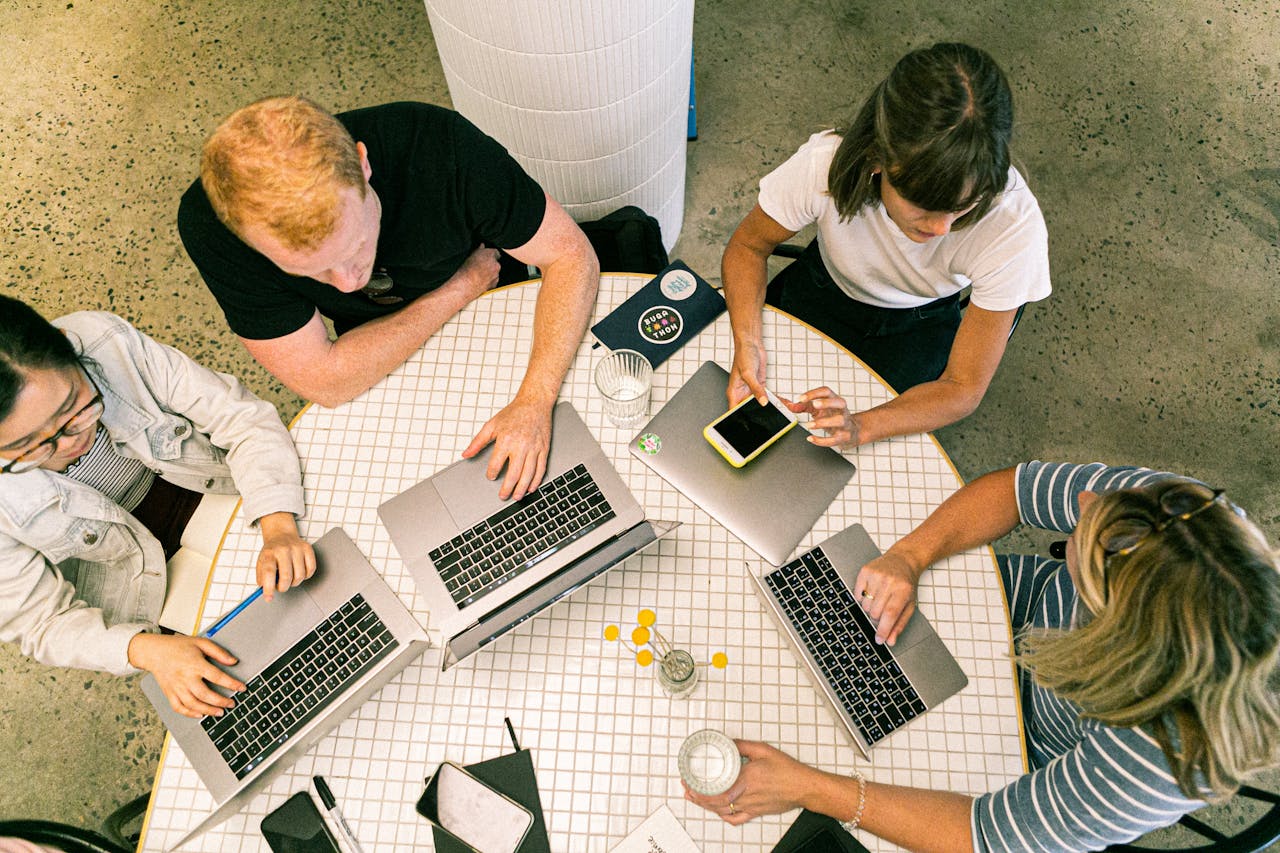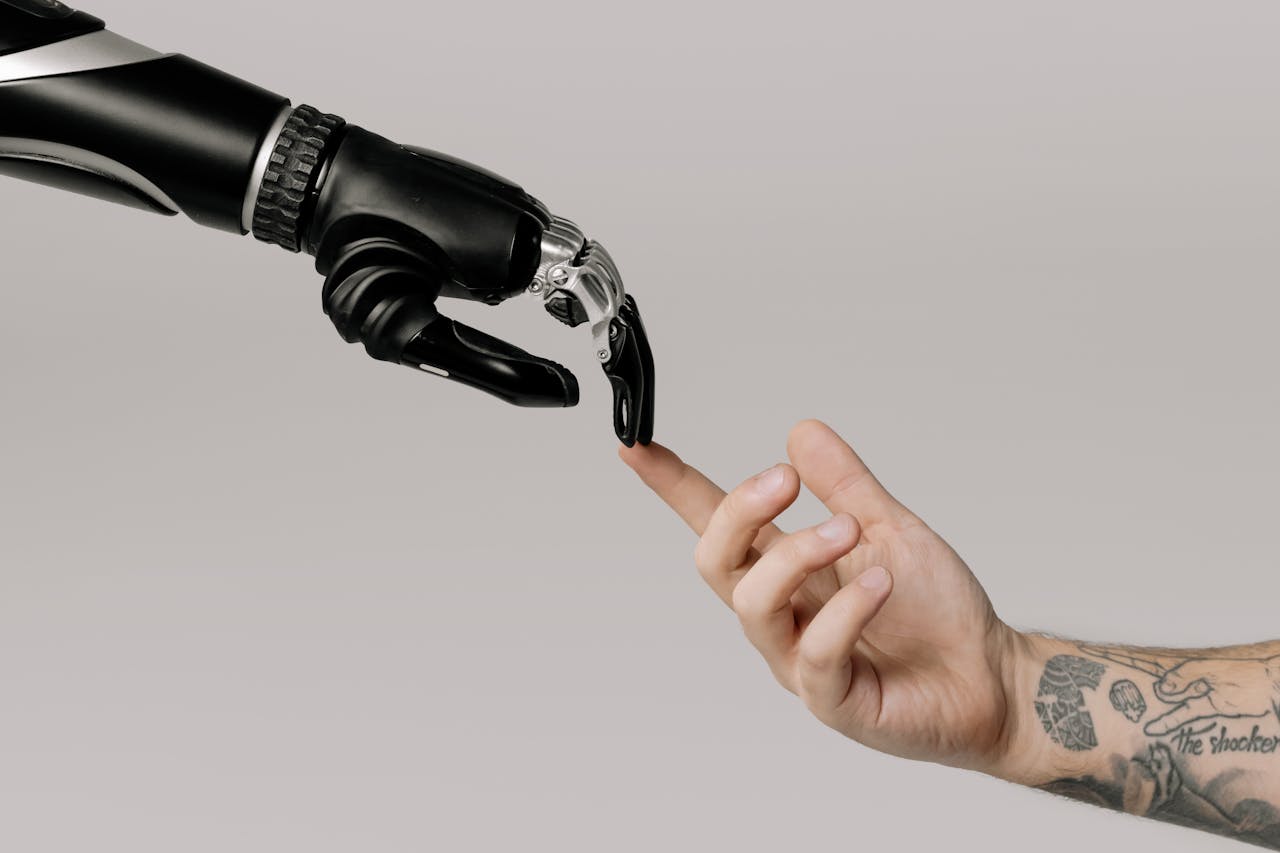Hey there, fellow adventurers on the path of learning! Today, we're diving into a world of endless possibilities, where textbooks take a backseat and experiential learning becomes the steering wheel of your journey. Welcome to the realm of non-formal education tools – the secret sauce for unlocking your full potential, shaping your skills, and enriching your knowledge beyond the confines of traditional classrooms.
So, what exactly are non-formal education tools, you ask? Well, think of them as your trusty sidekicks in the quest for knowledge and personal growth. They come in various shapes and sizes, from workshops and seminars to online courses, internships, volunteering opportunities, and everything in between. Unlike formal education, which often follows a predetermined curriculum, non-formal education is more flexible, interactive, and tailored to your individual interests and aspirations.
Non-Formal Education Tools
Workshops and Seminars
Picture this – a vibrant space buzzing with creativity, where like-minded individuals gather to learn, collaborate, and ignite their passion for a particular subject. Workshops and seminars offer hands-on experiences, expert insights, and invaluable networking opportunities. Whether you're into coding, photography, or entrepreneurship, there's a workshop out there with your name on it!
Online Courses and Webinars
In today's digital age, the world is quite literally at your fingertips. Online courses and webinars cover a vast array of topics, ranging from languages and technology to personal development and beyond. With platforms like Coursera, Udemy, and Khan Academy, you can delve into subjects that intrigue you, all from the comfort of your own home.
Hackathons and Innovation Challenges
Ready to roll up your sleeves and tackle real-world problems head-on? Hackathons and innovation challenges are adrenaline-fueled events where teams come together to brainstorm, prototype, and pitch creative solutions to pressing issues. From climate change to healthcare, the possibilities are limitless, and the impact can be profound.
Outdoor Education and Adventure Programs
Who says learning has to be confined to four walls? Outdoor education and adventure programs offer a refreshing departure from the traditional classroom setting, allowing you to connect with nature, challenge your limits, and cultivate essential life skills such as leadership, teamwork, and resilience. Whether you're hiking through the wilderness, kayaking down a river, or scaling a rock face, the great outdoors is the ultimate classroom.
Peer Learning and Skill Swaps
Sometimes, the best teachers are sitting right next to you. Peer learning and skill swaps provide a platform for knowledge exchange among peers, where everyone has something valuable to bring to the table. Whether you're teaching your friend how to play guitar or learning a new language together, the journey of learning is always more fun when shared with others.
In conclusion, non-formal education tools are like treasure chests overflowing with gems of wisdom, waiting to be discovered and cherished. So, go ahead – embrace the spirit of curiosity, seize every opportunity to learn and grow, and remember that the journey of education is as infinite as your imagination. Happy exploring, fellow adventurers – the world is your classroom, and the possibilities are endless!
What is Erasmus+?
"Erasmus+ is the European Union's programme to support education, training, youth and sport in Europe" (European Commission)
It is a flagship initiative of the European Union (EU) aimed at promoting mobility, cooperation, and exchange in the fields of education, training, youth, and sport. Launched in 2014, Erasmus+ builds upon the successes of previous EU programs.
What are the Objectives of the Erasmus+ Programme?
General Objective
"The general objective of the Programme is to support, through lifelong learning, the educational, professional and personal development of people in education, training, youth and sport, in Europe and beyond thereby contributing to sustainable growth, quality jobs and social cohesion, to driving innovation, and to strengthening European identity and active citizenship. As such, the Programme shall be a key instrument for building the European Education Area, supporting the implementation of the European strategic cooperation in the field of education and training with its underlying sectoral agendas. In addition, it is key in advancing youth policy cooperation under the European Union Youth Strategy 2019-2027 and developing the European dimension in sport."
Specific Objectives
The Programme has the following specific objectives:
- To promote learning mobility of individuals and groups, as well as cooperation, quality, inclusion and equity, excellence, creativity and innovation at the level of organisations and policies in the field of education and training;
- To promote non-formal and informal learning mobility and active participation among young people, as well as cooperation, quality, inclusion, creativity and innovation at the level of organisations and policies in the field of youth;
- To promote learning mobility of sport staff, as well as cooperation, quality, inclusion, creativity and innovation at the level of sport organisations and sport policies." European Commission, 2024.
The Erasmus+ program, through its Key Actions (1,2, &3) initiatives, serves as a catalyst for growth, innovation, and cross-border collaboration. By facilitating mobility opportunities and fostering partnerships, Erasmus+ empowers youth workers, young people, educators, and organizations to embrace diversity, drive innovation, and shape a brighter future together.
As we navigate the complexities of a rapidly changing world, Erasmus+ remains a beacon of hope, solidarity, and opportunity, enriching lives, strengthening communities, and fostering a more connected and inclusive Europe and beyond.

